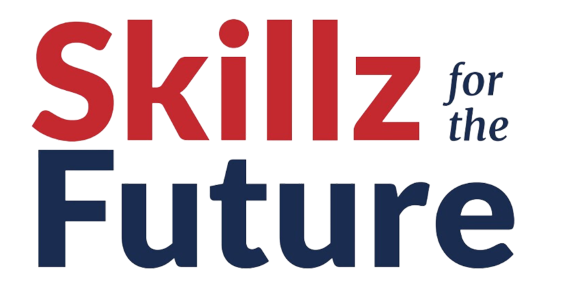Teaching is a noble profession that has the power to shape minds, ignite curiosity, and transform lives. It is both an art and a responsibility that requires a diverse set of skills to navigate the challenges and joys of the profession. Whether you’re educating the young or guiding adults, the skills needed for effective teaching remain universal.
Skills Needed for Teaching: Beyond Subject Knowledge
1. Enjoy Communicating Understanding
Teaching involves a performance element, where effective communication is paramount. Interpersonal skills, including effective speaking and presentation skills, are vital. The ability to convey understanding in an engaging manner enhances the learning experience.
2. Confidence
Confidence is a cornerstone of effective teaching. It enables teachers to maintain a calm and professional demeanour, even in challenging situations. Building confidence is an ongoing process that contributes to the teacher’s presence in the classroom.
3. Organisational Skills
Teachers are jugglers of tasks, from preparing sessions to marking assignments. Exceptional organisational skills ensure that everything is in order, materials are ready, and feedback is delivered on time. A well-organised teacher sets the stage for a conducive learning environment.
4. Group Work Effectiveness
Collaboration is often part of the teaching landscape. Whether working with colleagues or within teaching teams, the ability to contribute meaningfully, agree on teaching approaches, and address difficulties collectively is essential. Effective group work enhances the overall teaching experience.
5. Conflict Resolution
Dealing with conflicts among students or addressing issues related to student performance requires conflict resolution skills. Teachers must navigate disagreements, offer guidance on improvement, and foster a positive learning environment. Conflict resolution ensures a harmonious classroom atmosphere.
6. Motivation Skills
Motivating students is an ongoing task. It involves a delicate balance of encouragement and constructive criticism. Understanding how to inspire students to do their best, tailored to individual needs, is a key skill. Motivated students are more likely to be engaged and succeed.
7. Empathy
Building rapport and trust is foundational to teaching. Empathy allows teachers to connect with students on a personal level, creating a collaborative learning atmosphere. Recognising and understanding the needs and challenges of students fosters a supportive environment.
8. Giving Constructive Feedback
Providing feedback is an integral part of teaching. Constructive feedback, whether on performance or written work, should be delivered in a way that is helpful and encouraging. Balancing praise with areas for improvement ensures a constructive learning process.
Navigating Teaching
Best Scenarios
• Sharing enthusiasm for a subject with eager learners.
• Engaging in stimulating discussions that broaden your own understanding. • Witnessing less-able students blossom and achieve desired outcomes.
Worst Challenges
• Significant outside work, including marking assignments and session preparation. • Dealing with disinterested or challenging students, ranging from surly teenagers to opinionated adults.
• Addressing the fear of accusations, a serious concern for teachers working with young people.
Ethical Imperatives
• Recognising the learner’s responsibility for their own learning.
• Respecting the learner’s right to make decisions and live according to their choices. • Upholding a non-judgmental approach, treating individuals with respect and honesty.
• Safeguarding confidentiality regarding personal issues, with clear communication on limits.
Drawing from Previous Experience
Many teachers enter the profession as a second career, bringing transferable skills acquired through diverse life experiences. Skills such as communication, coaching, and leadership gained in other professions can enrich the teaching role.
Deciding the Age Range to Teach
Teaching offers various settings, each with its unique advantages and challenges. Choosing between teaching younger children, teenagers, or adults depends on personal preferences and adaptability. Exploring work experience in different settings helps in making an informed decision.
The Impact of Teaching
Teaching is a fulfilling endeavour, contributing to positive changes in individuals’ lives. The ability to inspire, guide, and educate leaves a lasting imprint. Reflecting on the best teachers from one’s own experience underscores the profound impact that teaching can have.
Teaching is not just a profession; it’s a journey of continuous learning, adaptation, and growth. Aspiring teachers, equipped with the essential skills, embark on a path where they not only shape minds but also contribute to the collective progress of society.
